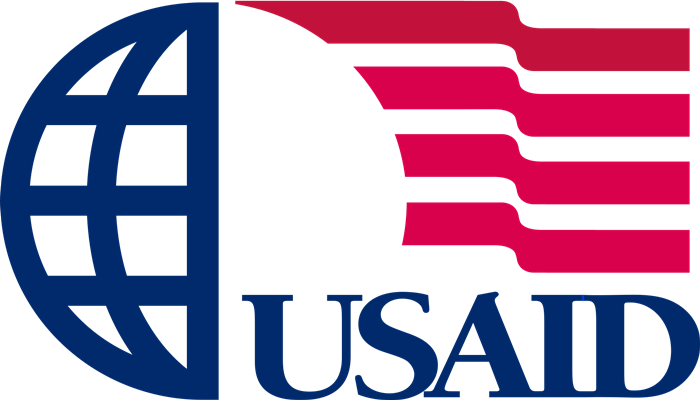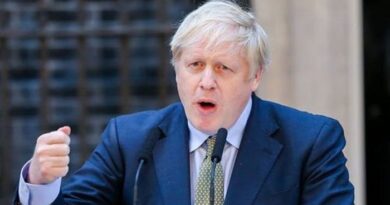U.S gives Nigeria additional N6bn to fight poverty
The United States Government on Wednesday released additional $17 million (N6.1 billion) for poverty reduction in Nigeria.
The development assistance, which was announced by the U.S Agency for International Development (USAID) in Abuja, is to fulfil the goals outlined in its 2015 Development Objectives Assistance Agreement with the Government of Nigeria.
A statement by the U.S Embassy said that the latest release brings the total of development assistance provided under this agreement to $719 million (N259 billion).
According to the embassy, the additional funding will support Nigeria’s power sector needs ($14 million), help increase agricultural productivity and economic growth ($2 million), and strengthen good governance ($1 million).
“Overall, USAID partners with Nigeria to stimulate economic growth; promote a healthier, more educated population; and strengthen good governance,” the statement said.
Under the partnership, which will run till 2020, USAID is collaborating with the Nigerian Ministries of Budget and National Planning, Health, Agriculture, Power and Education; and state-level government counterparts to structure the bilateral assistance agreement.
In addition to the development assistance funding, the United States provides humanitarian assistance to people affected by the ongoing conflict and severe food insecurity in Nigeria and throughout the Lake Chad Basin.
The U.S said that since year 2016, it has provided more than $694 million (N250 billion) in humanitarian assistance and continues to be the single largest bilateral humanitarian donor to the region. The development assistance is coming through USAID, which actively partners to end extreme poverty and promote resilient, democratic societies while advancing security and prosperity.
In its partnership with Nigeria, the United States, specifically seeks to strengthen social stability through social services, supports transparent and accountable governance, promotes a more market-led economy, and enhances Nigeria’s capacity as a responsible regional and trade partner.




